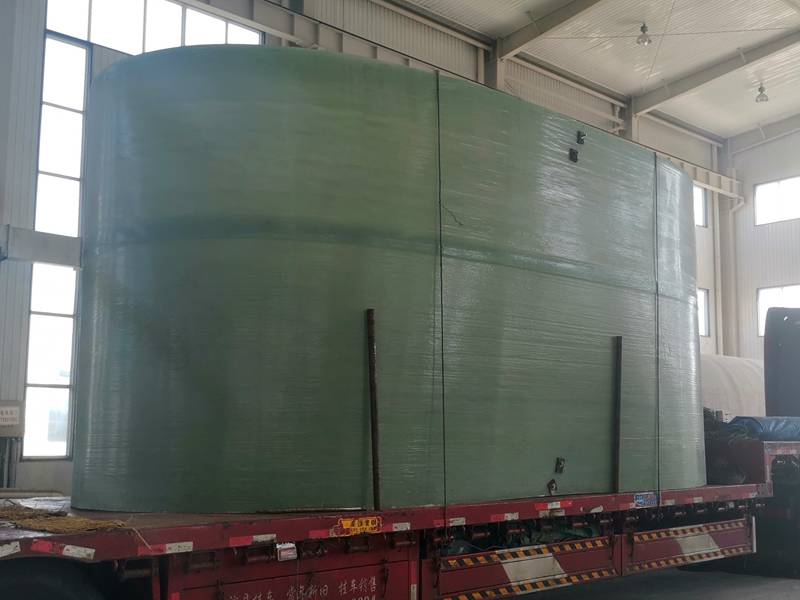
-
 Afrikaans
Afrikaans -
 Albanian
Albanian -
 Amharic
Amharic -
 Arabic
Arabic -
 Armenian
Armenian -
 Azerbaijani
Azerbaijani -
 Basque
Basque -
 Belarusian
Belarusian -
 Bengali
Bengali -
 Bosnian
Bosnian -
 Bulgarian
Bulgarian -
 Catalan
Catalan -
 Cebuano
Cebuano -
 China
China -
 China (Taiwan)
China (Taiwan) -
 Corsican
Corsican -
 Croatian
Croatian -
 Czech
Czech -
 Danish
Danish -
 Dutch
Dutch -
 English
English -
 Esperanto
Esperanto -
 Estonian
Estonian -
 Finnish
Finnish -
 French
French -
 Frisian
Frisian -
 Galician
Galician -
 Georgian
Georgian -
 German
German -
 Greek
Greek -
 Gujarati
Gujarati -
 Haitian Creole
Haitian Creole -
 hausa
hausa -
 hawaiian
hawaiian -
 Hebrew
Hebrew -
 Hindi
Hindi -
 Miao
Miao -
 Hungarian
Hungarian -
 Icelandic
Icelandic -
 igbo
igbo -
 Indonesian
Indonesian -
 irish
irish -
 Italian
Italian -
 Japanese
Japanese -
 Javanese
Javanese -
 Kannada
Kannada -
 kazakh
kazakh -
 Khmer
Khmer -
 Rwandese
Rwandese -
 Korean
Korean -
 Kurdish
Kurdish -
 Kyrgyz
Kyrgyz -
 Lao
Lao -
 Latin
Latin -
 Latvian
Latvian -
 Lithuanian
Lithuanian -
 Luxembourgish
Luxembourgish -
 Macedonian
Macedonian -
 Malgashi
Malgashi -
 Malay
Malay -
 Malayalam
Malayalam -
 Maltese
Maltese -
 Maori
Maori -
 Marathi
Marathi -
 Mongolian
Mongolian -
 Myanmar
Myanmar -
 Nepali
Nepali -
 Norwegian
Norwegian -
 Norwegian
Norwegian -
 Occitan
Occitan -
 Pashto
Pashto -
 Persian
Persian -
 Polish
Polish -
 Portuguese
Portuguese -
 Punjabi
Punjabi -
 Romanian
Romanian -
 Russian
Russian -
 Samoan
Samoan -
 Scottish Gaelic
Scottish Gaelic -
 Serbian
Serbian -
 Sesotho
Sesotho -
 Shona
Shona -
 Sindhi
Sindhi -
 Sinhala
Sinhala -
 Slovak
Slovak -
 Slovenian
Slovenian -
 Somali
Somali -
 Spanish
Spanish -
 Sundanese
Sundanese -
 Swahili
Swahili -
 Swedish
Swedish -
 Tagalog
Tagalog -
 Tajik
Tajik -
 Tamil
Tamil -
 Tatar
Tatar -
 Telugu
Telugu -
 Thai
Thai -
 Turkish
Turkish -
 Turkmen
Turkmen -
 Ukrainian
Ukrainian -
 Urdu
Urdu -
 Uighur
Uighur -
 Uzbek
Uzbek -
 Vietnamese
Vietnamese -
 Welsh
Welsh -
 Bantu
Bantu -
 Yiddish
Yiddish -
 Yoruba
Yoruba -
 Zulu
Zulu
Exploring the Benefits and Applications of Fiberglass Oil Tanks in Modern Storage Solutions
The Advantages of Fiberglass Oil Tanks
In the modern age, the storage of oil and other petroleum products has become crucial for various industries. Among the different materials used for storage tanks, fiberglass has emerged as a popular choice due to its unique properties and numerous advantages. This article explores the benefits of fiberglass oil tanks, which have become an essential component in the safe and efficient storage of oil.
Corrosion Resistance
One of the most significant advantages of fiberglass oil tanks is their corrosion resistance. Traditional metal tanks, especially those made of steel, are susceptible to rust and corrosion when exposed to various elements, including moisture and chemicals. Fiberglass is inherently non-corrosive, meaning it can withstand harsh environmental conditions without deteriorating. This durability ensures that the structural integrity of the tank is maintained over time, reducing the risk of leaks and spills that can be both dangerous and costly.
Lightweight and Strong
Fiberglass is significantly lighter than metal, allowing for easier handling and installation. This lightweight nature means that less structural support is required during installation, which can result in lower construction costs. Additionally, despite being lightweight, fiberglass exhibits high tensile strength. This makes it an excellent choice for oil storage, as it can handle the pressures involved without compromising safety.
Cost-Effectiveness
Although the initial investment for fiberglass tanks may be higher than traditional steel tanks, their long-term benefits often make them more cost-effective. The durability and low maintenance requirements of fiberglass tanks lead to reduced operational costs over time. Since fiberglass does not corrode, the need for frequent repairs and replacements is minimized. Operators can save money in maintenance fees, ensuring that the tanks are a wise investment for the future.
fiberglass oil tank

Environmental Safety
Environmental safety is a growing concern in the oil industry. Fiber-glass tanks are less likely to leak compared to their metal counterparts, thanks to their seamless construction and corrosion resistance. This significantly reduces the risk of environmental contamination, which can occur if oil leaks into the soil or waterways. Furthermore, the lightweight nature of fiberglass means that the tanks can be installed in remote or challenging locations without causing significant disruption to the environment.
Customization and Flexibility
Fiberglass tanks can be easily molded into various shapes and sizes to meet specific storage needs. This customization allows for greater flexibility in installation, whether for residential, commercial, or industrial purposes. Operators can design tanks tailored to their particular requirements, ensuring efficiency in their operations. Additionally, fibreglass tanks can be modified or expanded as storage demands change, making them an adaptable solution for the oil sector.
Insulation Properties
Fiberglass tanks provide excellent insulation properties, keeping the contents at a stable temperature. This is particularly beneficial in regions with extreme weather conditions, where temperature fluctuations can affect the quality and stability of stored oil. By maintaining a consistent temperature, fiberglass tanks contribute to preserving the integrity of the oil, ultimately ensuring better quality and performance.
Conclusion
In conclusion, fiberglass oil tanks represent a significant advancement in storage technology for the oil and petroleum industry. With their exceptional durability, corrosion resistance, cost-effectiveness, and environmental safety, it is no wonder that many operators are opting for fiberglass over traditional materials. As the industry continues to evolve, the adoption of innovative solutions like fiberglass tanks will play a crucial role in promoting sustainable practices and ensuring the safe storage of valuable resources. With ongoing advancements in materials science, the future of oil storage looks increasingly bright with fiberglass at the forefront.









